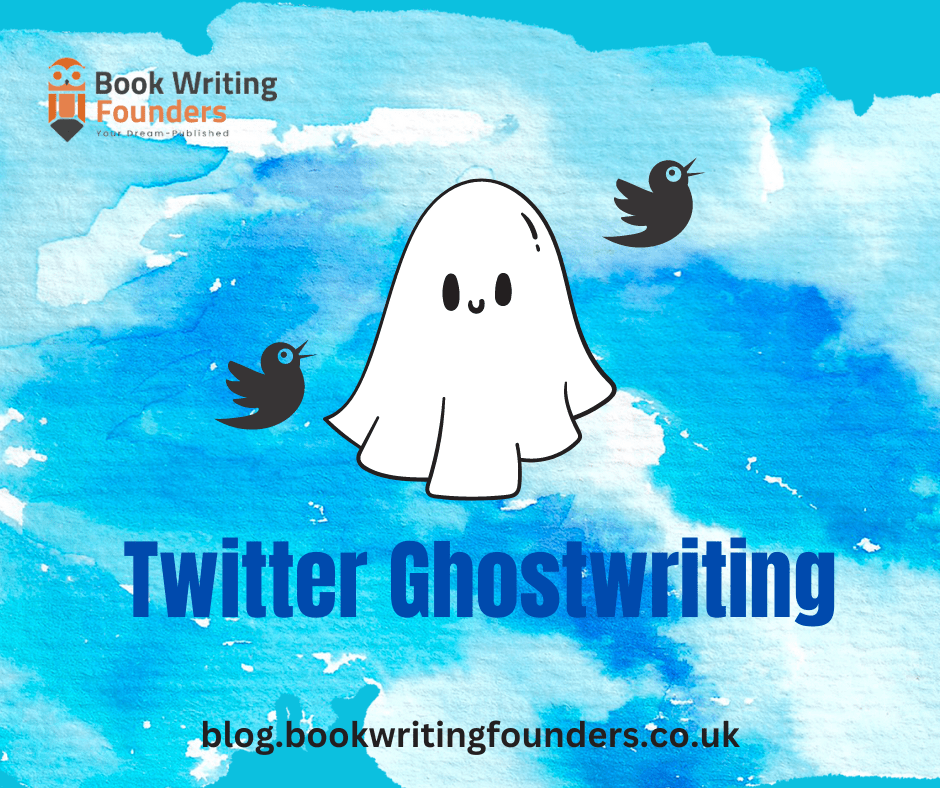
Writing
Reflective writing is a valuable practice that encourages individuals to analyze their experiences, thoughts, and emotions, allowing for personal growth and deeper understanding. It involves exploring one’s thoughts and feelings, providing insights into past experiences and facilitating learning. In this article, we explore the definition of reflective writing, its importance and provide examples to help you better understand this writing style.
What Is Reflective Writing?
It is a method of self-analysis that permits you to become aware of your thoughts, feelings, and behaviors. It’s a way to reflect on your experiences and understand what they mean to you.
It can encompass many different topics and situations. It can be about your day, a recent event or relationship, goals for the future, or even a particular hobby or interest. With reflective writing exercises, you’re using your own experience as the subject for analysis. It is also often referred to as journaling or blogging.
The Purpose of Reflective Writing
This kind of writing allows the writer to reflect on their own experiences. It is often used in education to allow teachers to reflect on their teaching styles and methods, but it can be used in any situation where one wants to gain self-awareness and understanding.
The purpose of reflective writing is to help you understand yourself better as a person or to better understand why you do the things you do. It can also help others learn about themselves by allowing them to read what you have written about yourself. You might use reflective writing when unsure about something or need guidance or advice. It can also be used as therapy for those who have suffered from trauma or emotional distress.
Characteristics of Reflective Writing
The following are characteristics of reflective writing:
- It requires you to think about a situation, experience or topic in detail. It encourages you to be thoughtful and consider all sides of the issue.
- You need to explain exactly what happened, where it happened, who was involved and why it’s important to you (if it is).
- It often involves multiple drafts. You may start with an idea or topic but find that it doesn’t work well for you or your audience once you start writing about it. This is okay! Don’t be afraid to change things until you’ve written something that works for everyone involved.
- This type of writing frequently includes examples from your own life and other sources of information that can help explain your point of view on the topic. You can do effective book marketing by writing stories that resonate with people who have had similar experiences.
Benefits of Reflective Writing
The benefits of reflective writing include the following:
- It helps you understand the importance of revision and editing. As you reflect on your work, you will see areas where you can improve and make changes to enhance your writing before book publishing.
- As you reflect on your writing, you will discover common errors and mistakes that occur in your writing. This knowledge can help prevent those same errors from repeating in future papers.
- It encourages the use of research-based information. When researching for a paper, it’s easy to find information that supports your argument but is not necessarily true. Reflecting on what information was used in your paper helps ensure that all sources were credible and reliable, much like the process detailed in what is critical writing.
Examples of Reflective Writing
To better understand reflective writing, let’s explore a couple of examples:
Example 1: Reflective Journal Entry
“Today, during my psychology class, we discussed the impact of childhood experiences on adult behavior. This topic resonated with me as it reminded me of my childhood struggles. I realized how those experiences shaped my beliefs and behaviors. It made me reflect on the importance of understanding one’s past to make positive changes in the present.”
Example 2: Reflective Essay Excerpt
“In my clinical nursing rotation, I encountered a challenging situation where I had to communicate with a distraught patient. It was an emotionally charged interaction, and I struggled to find the right words. This experience made me reflect on the importance of empathy and active listening in patient care. I realized the significance of effective communication in building trust and providing emotional support.
How to Start Reflective Writing
This isn’t something that comes naturally to everyone. You must first be able to step outside yourself and evaluate what you’ve done and why it has affected you in the way that it did. This takes time, patience and practice if you want your essay to come out well. Here are some tips for starting:
Think about the subject matter carefully before starting – Think about what thoughts or feelings the subject matter evokes from within you. What do you know about this topic? Are there any relevant stories or experiences that relate to it? Think through these things before diving headfirst into your reflective essay-writing process.
Take notes on how others have responded – If other people reacted differently than expected when discussing this subject matter with them, then note what they said or did so that you can use their experiences as springboards for future drafts of the essay.
Consider seeking professional help from writing services like Book Writing Founders UK to nurture your talent. They can provide valuable assistance and guidance in your writing journey.
Tips for Effective Reflective Writing
Here are some tips to help you enhance your writing:
- Be Honest and Authentic: Reflect openly and honestly about your thoughts, feelings, and experiences.
- Provide Specific Examples: Illustrate your reflections with concrete examples to make your writing more engaging and meaningful.
- Use Descriptive Language: Paint a vivid picture with your words to evoke emotions and engage the reader.
- Focus on Self-Reflection: Avoid merely describing events; analyze their impact and reflect on your personal growth.
- Keep a Reflective Journal: Maintain a journal to record your reflections regularly and track your personal development.
Main Attributes and Elaborate Information
| Topic | Description | Examples/Advice |
|---|---|---|
| What is Reflective Writing? | A method of self-analysis for understanding thoughts, feelings, and behaviors. | Reflect on personal experiences, day-to-day events, goals, hobbies, etc. |
| The Purpose | Used for gaining self-awareness and understanding in various contexts like education and personal development. | Helps in understanding oneself, used in uncertain situations or for therapy. |
| Characteristics | Involves detailed thinking about experiences and encourages multiple drafts for clarity. | Requires explaining the who, what, where, and why of a situation. |
| Benefits | Enhances understanding of revision and editing, identifies common errors, and encourages credible research. | Recognize areas for improvement, learn from writing mistakes, and ensure credible research. |
| Examples | Showcases the application of reflective writing. | Journal Entry on psychology class insights; Essay Excerpt on nursing experience. |
| How to Start | Involves self-evaluation and understanding the impact of experiences. | Think about the subject matter, take notes on others’ responses, consider professional help from services like Book Writing Founders UK. |
| Tips for Effective Writing | Suggestions to improve the quality of reflective writing. | Be honest and authentic, provide specific examples, use descriptive language, focus on self-reflection, keep a reflective journal. |
Conclusion
It is a powerful practice that enables individuals to explore their thoughts, emotions, and experiences. It promotes self-reflection, critical thinking, and personal growth. By engaging in reflective writing, individuals can better understand themselves, enhance their learning, and improve their overall well-being.





